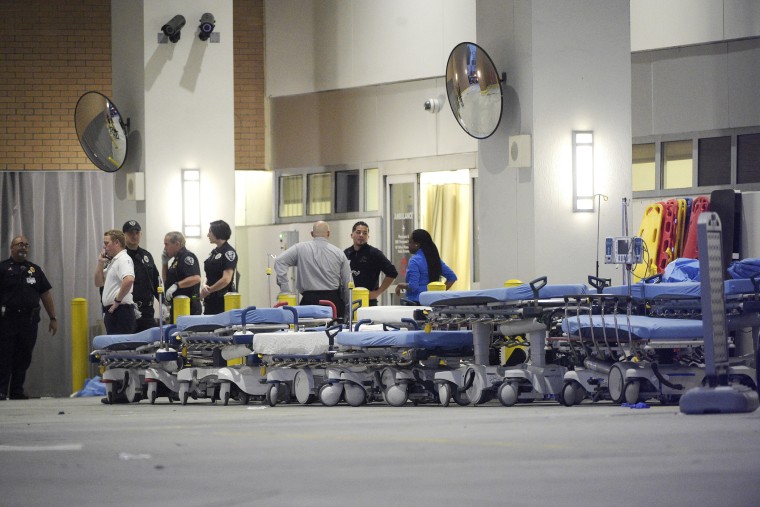[T]he White House applied a unique waiver to HIPAA. In declaring the situation in Orlando a national emergency, President Barack Obama and Secretary of Health and Human Services Sylvia Mathews Burwell made it easier for family and friends to gain quicker access to information -- the right move in such a circumstance. That's because the individual patient is not the only stakeholder when it comes to health information. In fact, HIPAA was specifically written to ensure public well-being -- something that becomes very relevant in cases of emergency, when panicked people are waiting in a hospital for critical news. While the original law does allow physicians to share information with a patient's family, friends, or other health care providers if a "reasonable inference" could be made based on the circumstances, this is generally approached with great caution and most doctors err on the side of maintaining silence. Which is why it's so critical that Obama was able to invoke a revision of the Social Security Act (Section 1135), which was enacted after the Sept. 11 attacks, and explicitly authorizes health care providers broad exemptions from the normal privacy safeguards relating to sharing a patient's protected health information -- especially with friends and loved ones in the event of an emergency.
Obama admin waives privacy law after Orlando massacre
Fortunately for local families, medical privacy laws include an emergency waiver, which President Obama authorized.

There was a point yesterday morning in Orlando when family members showed up at local hospitals, hoping to get an update on the health of their loved ones who were victims of the mass shooting. There was, however, a procedural problem: the Health Insurance Portability and Accountability Act (HIPAA) includes strict safeguards on patients' medical privacy.
Even if hospital officials wanted to give people updates, patient information is closely guarded, usually for very good, entirely defensible reasons.
We learned midday, however, that those private safeguards had been temporary set aside, because of the crisis, by order of President Obama. This got me thinking: can the administration do that? Slate reported, the answer is yes.
Note, ordinarily under HIPAA, if a patient can't communicate his or her wishes, a hospital will only share medical information with a spouse or next of kin. In Orlando yesterday, this wasn't adequate: parents and siblings showed up at emergency rooms, only to hear, at least initially, that the hospitals legally weren't able to give them an update.
The Slate piece added that yesterday's waiver applies only to Orlando during this "emergency period," which can last no longer than 72 hours.
In the 20 years in which HIPAA has been in effect, the only other time we've seen a waiver like this issued by the executive branch was after Hurricane Katrina.